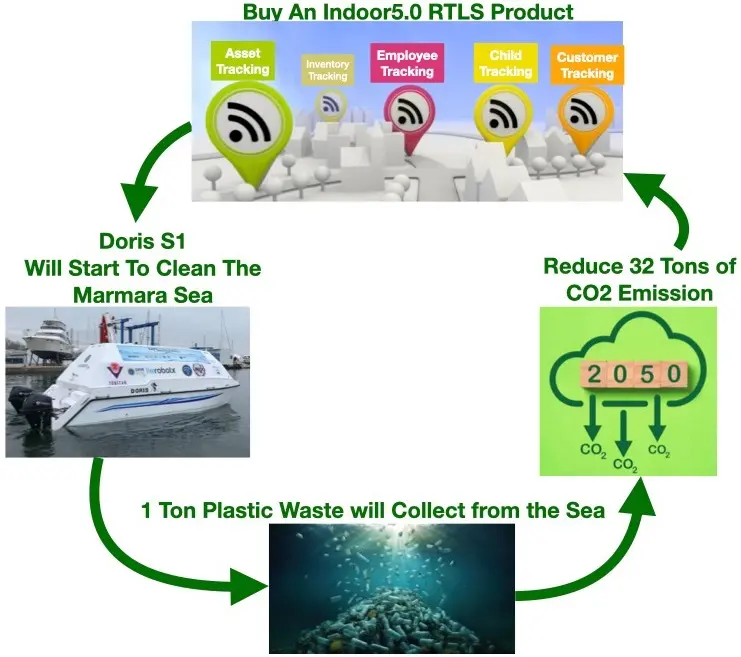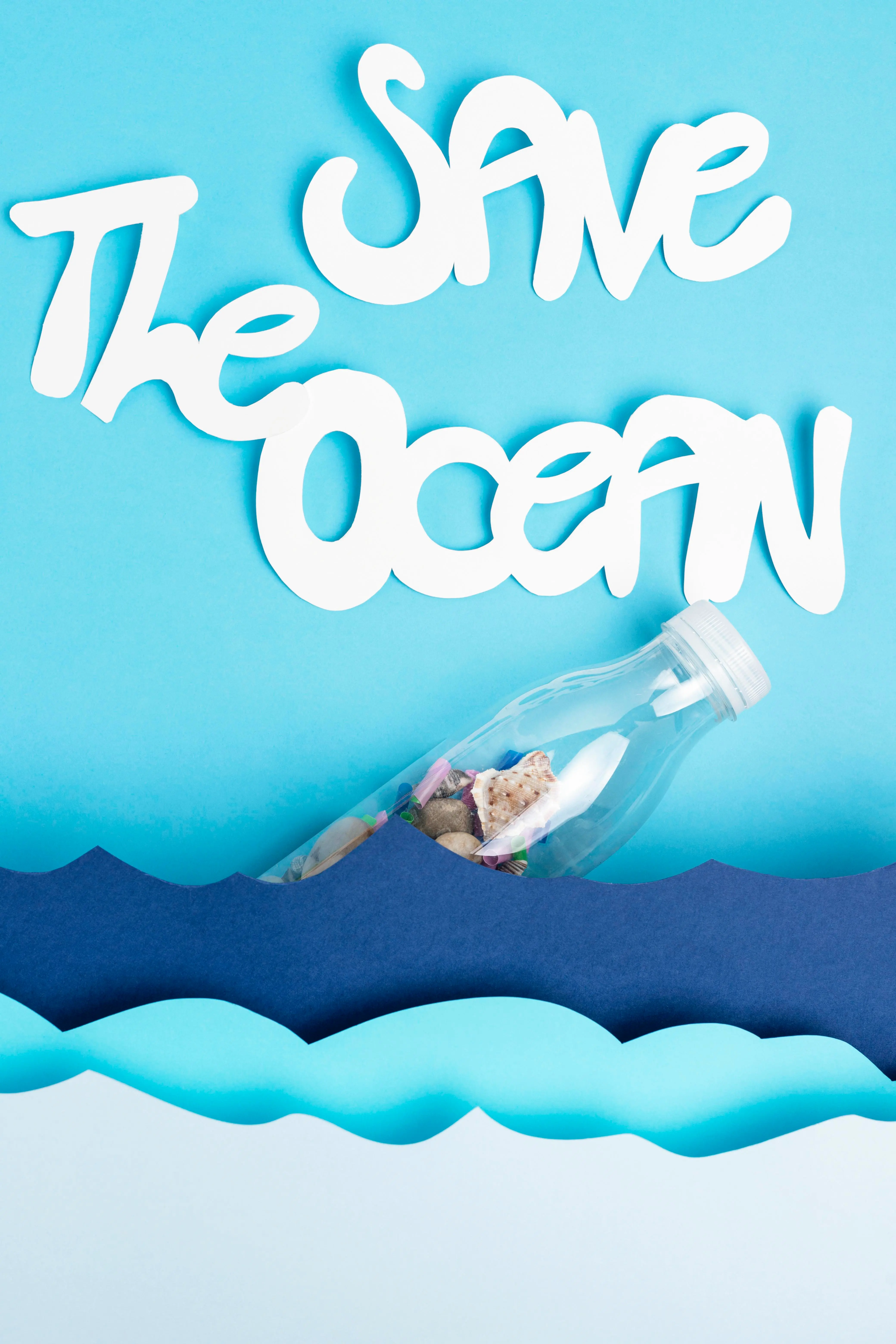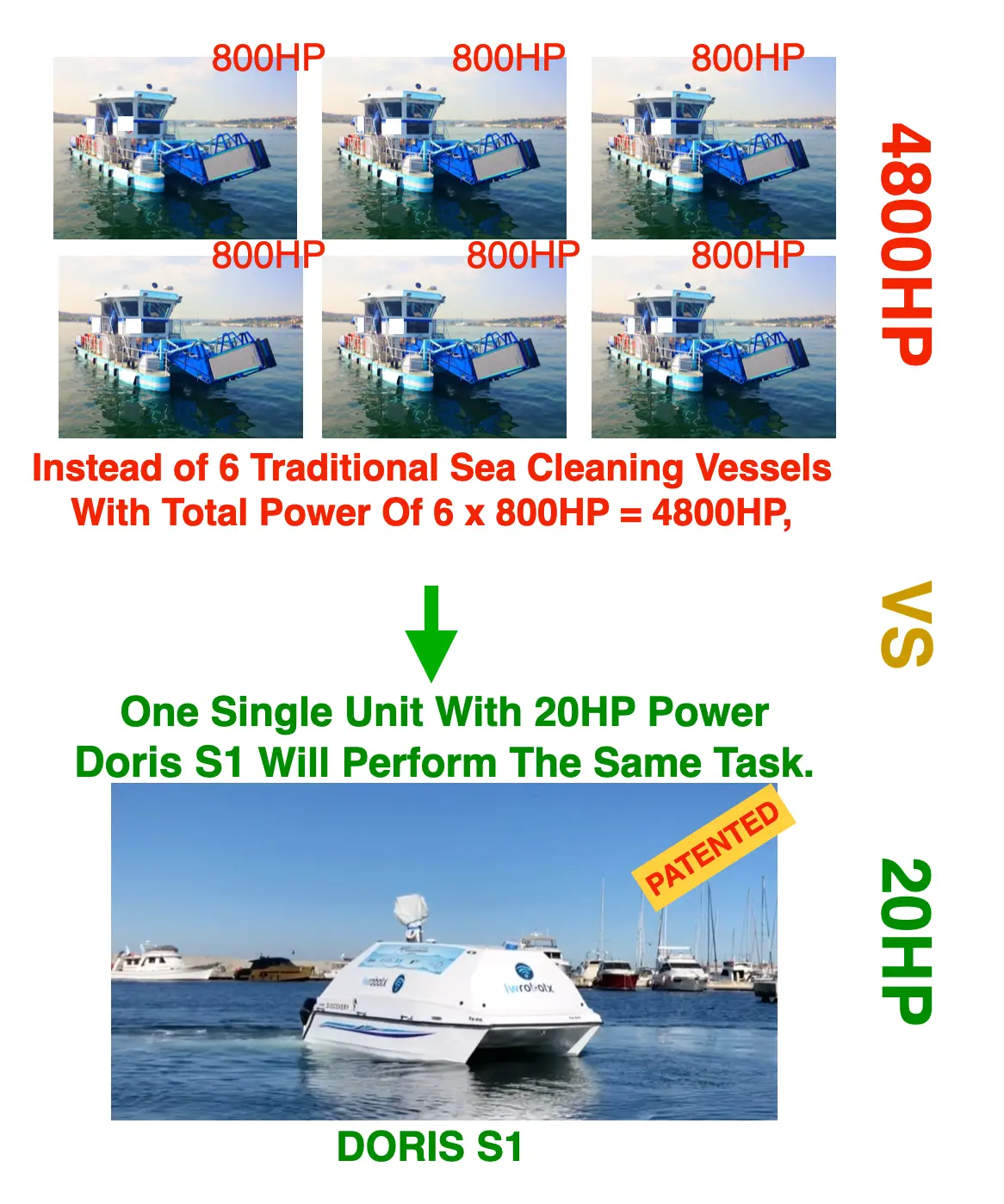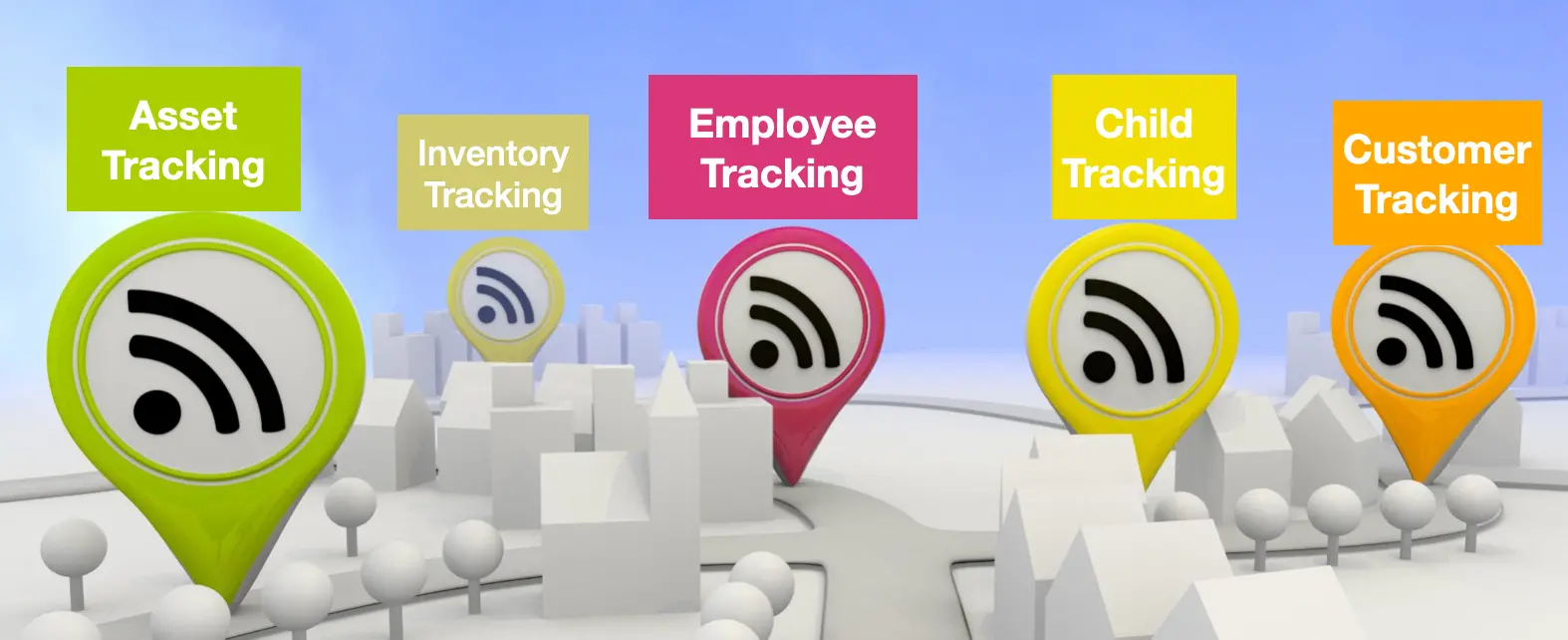CAMPAIGN FOR REDUCTION OF CARBON EMISSIONS AND MARINE POLLUTION
More recycling, less carbon
We are thrilled to announce our latest campaign that aims to create a positive impact on the environment.
For customers who purchase $100,000 or more worth of RTLS products from us, we will collect 1 ton of plastic waste from the Marmara Sea region. Our goal is to prevent 20 million metric tonnes of microplastic pollution per tonne from entering the sea and to prevent the release of 32 tonnes of CO2 into the atmosphere, as released into nature every time 1 tonne of waste is collected using tradional methods.
For every RTLS project order over $100,000, 1 tonne of plastic waste will be collected from the sea by our autonomous sea cleaning vehicles.
Per tonne of plastic waste to be collected;
- Preventing 20 million micro-plastic particles from entering the sea
- The aim is to prevent 32 tonnes of CO₂ from being released into nature.

























